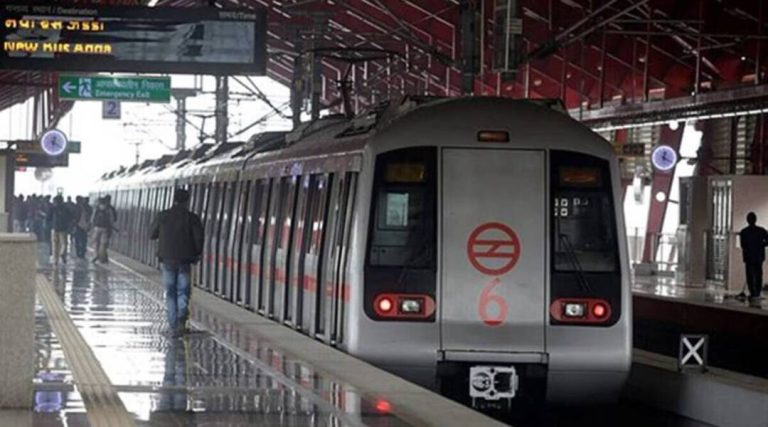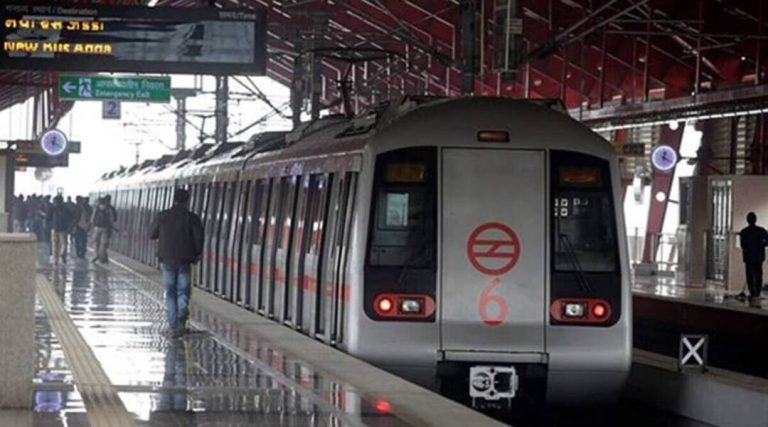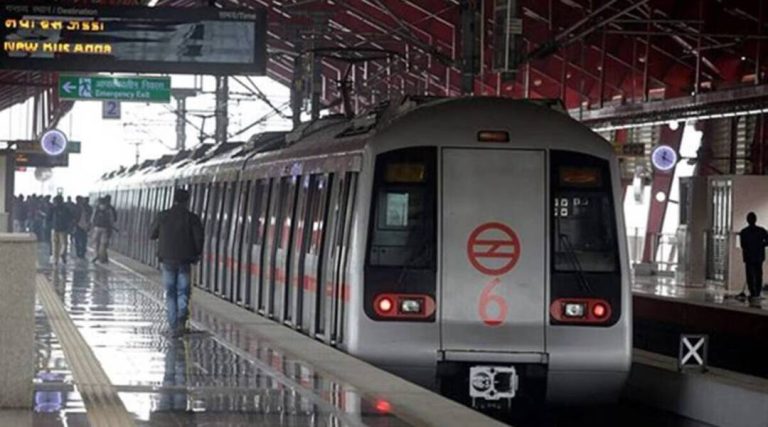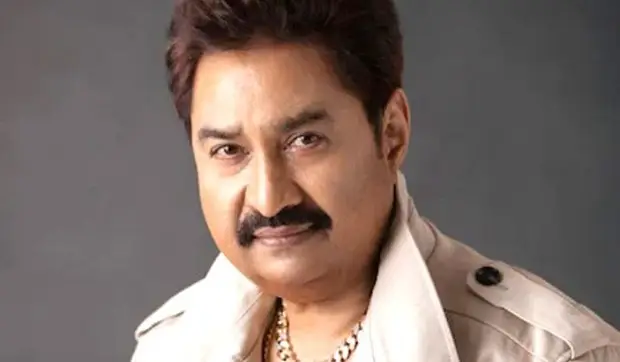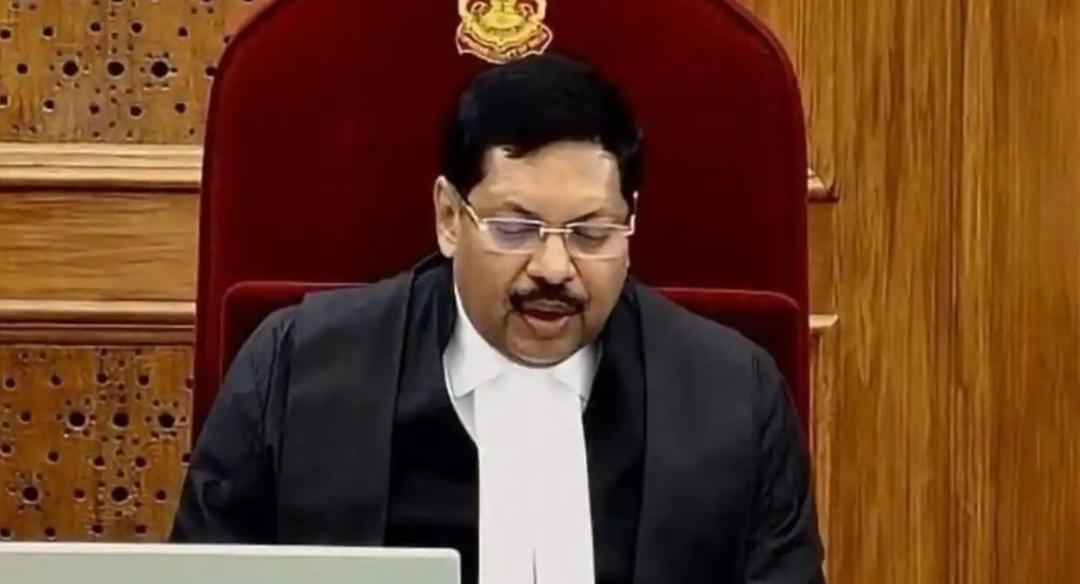
Passing ‘bulldozer order’ was my most important one: CJI Gavai
As the tenure of Chief Justice of India (CJI) BR Gavai comes to an end, he has reflected on his time in office and identified one judgement as his most significant. In a recent interview, CJI Gavai stated that his judgement against “bulldozer justice” was the most important one he has delivered during his time as the head of the Indian judiciary. This statement is particularly noteworthy, given the controversy surrounding the demolition of houses as a form of punishment for alleged crimes.
CJI Gavai’s comments come at a time when the practice of demolishing houses, often using bulldozers, has been widely criticized by human rights groups and legal experts. The practice, which has been employed by some state governments, involves demolishing the homes of individuals accused or convicted of crimes, often without due process or adequate compensation. This approach has been termed “bulldozer justice” due to its draconian nature and the use of heavy machinery to carry out the demolitions.
The CJI’s judgement on this issue is significant, as it highlights the importance of upholding the rule of law and protecting the rights of citizens. As CJI Gavai noted, “How can a house be demolished just because a person is accused of a crime or convicted of it?” This question gets to the heart of the issue, which is the arbitrary and disproportionate nature of the punishment. Demolishing a person’s home can have severe consequences, including leaving them homeless and without access to basic necessities like shelter and sanitation.
The CJI’s judgement is also important because it underscores the need for due process and the protection of individual rights. In a democratic society, it is essential that the government and its agencies respect the rights of citizens and follow established procedures when taking action against individuals. The practice of “bulldozer justice” is a clear violation of these principles, as it often involves the use of excessive force and the denial of basic rights like fair trial and compensation.
CJI Gavai’s comments on this issue are also significant because they reflect his commitment to upholding the Constitution and protecting the rights of citizens. As the head of the Indian judiciary, the CJI plays a crucial role in shaping the country’s legal landscape and ensuring that the government and its agencies act in accordance with the law. By speaking out against “bulldozer justice,” CJI Gavai has sent a strong message about the importance of respecting individual rights and upholding the rule of law.
As CJI Gavai prepares to retire on November 23, his legacy will be shaped by his judgement on this critical issue. His successor, CJI-designate Justice Surya Kant, will take over on November 24 and will face the challenge of building on the foundation laid by his predecessor. The incoming CJI will need to navigate the complex legal landscape of India, including the ongoing debate about “bulldozer justice” and the need to protect individual rights.
In conclusion, CJI Gavai’s judgement against “bulldozer justice” is a significant milestone in the ongoing debate about individual rights and the rule of law in India. His comments on the issue reflect his commitment to upholding the Constitution and protecting the rights of citizens. As the Indian judiciary continues to evolve, it is essential that the incoming CJI builds on the foundation laid by his predecessor and works to ensure that the government and its agencies respect the rights of citizens and follow established procedures.
The practice of “bulldozer justice” is a complex issue that requires a nuanced approach. While it is essential to hold individuals accountable for their actions, it is equally important to ensure that the punishment is proportionate and that the rights of citizens are protected. The Indian judiciary has a critical role to play in shaping the country’s legal landscape and ensuring that the government and its agencies act in accordance with the law.
As the country moves forward, it is essential that the debate about “bulldozer justice” continues, and that the Indian judiciary remains vigilant in protecting the rights of citizens. The judgement delivered by CJI Gavai is an important step in this direction, and it will be interesting to see how the incoming CJI builds on this foundation.
